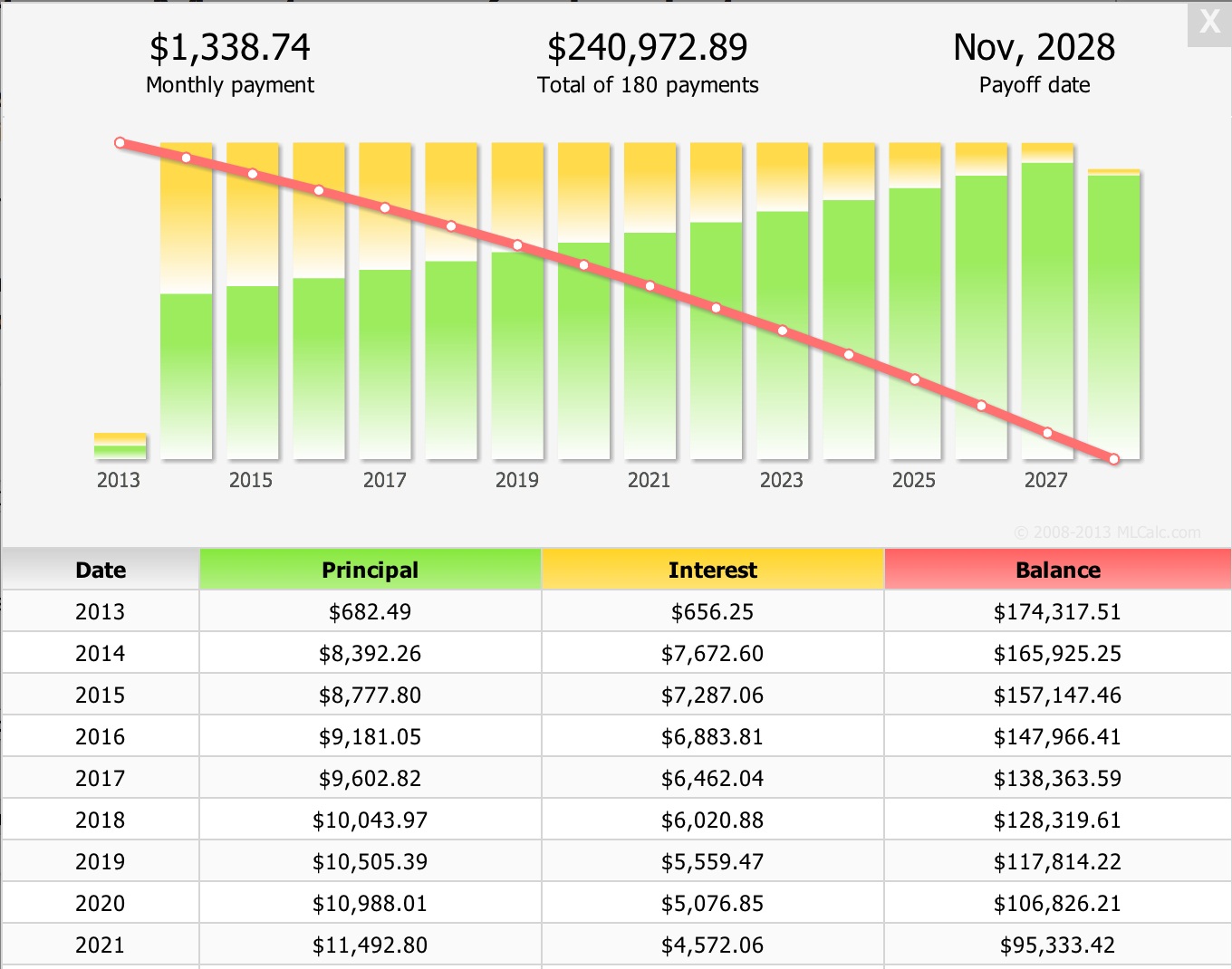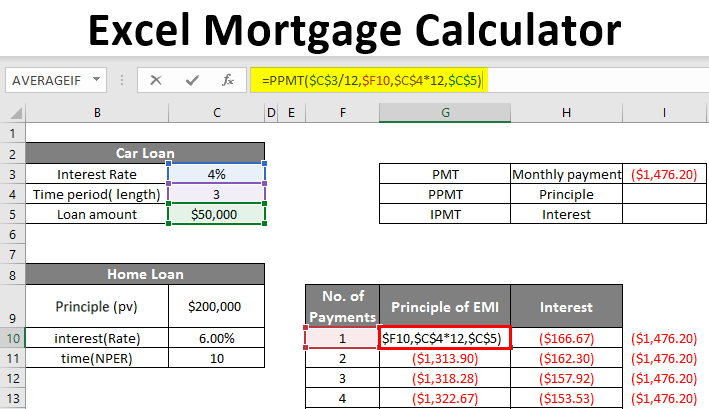Are you eagerly awaiting the arrival of your little bundle of joy? Excitement, anticipation, and a touch of nervousness might be swirling within you. One of the burning questions you may have is, "How far along am I in my pregnancy?" Fear not, because in this article, we'll dive deep into the world of pregnancy calculators to help you track your journey towards motherhood with confidence.
| Sr# | Headings |
|---|---|
| 1 | Understanding Pregnancy Stages |
| 2 | What is a Pregnancy Calculator? |
| 3 | How Does a Pregnancy Calculator Work? |
| 4 | Factors Influencing Pregnancy Calculations |
| 5 | Using a Pregnancy Calculator: Step-by-Step Guide |
| 6 | Accuracy and Limitations |
| 7 | Importance of Knowing Pregnancy Progress |
| 8 | Alternative Methods for Tracking Pregnancy |
| 9 | Tips for a Healthy Pregnancy Journey |
| 10 | Conclusion |
Before delving into the nitty-gritty of pregnancy calculators, let's take a moment to understand the different stages of pregnancy. From conception to birth, your body undergoes remarkable changes, divided into trimesters, each spanning approximately three months.
A pregnancy calculator is a handy tool designed to estimate the duration of your pregnancy based on key dates, such as the first day of your last menstrual period (LMP) or the date of conception. It provides an approximate due date and helps you track your progress throughout the trimesters.
Pregnancy calculators utilize algorithms that consider the average length of a woman's menstrual cycle and the date of conception, if known. By inputting these details, the calculator calculates the expected due date by adding 40 weeks to the date of your last menstrual period.
Several factors can influence the accuracy of pregnancy calculations, including irregular menstrual cycles, variations in ovulation timing, and the actual date of conception. Additionally, individual differences in cycle length and ovulation patterns can impact the precision of the estimated due date.
While pregnancy calculators provide valuable estimates, it's essential to remember that they are not foolproof. Variations in cycle length and ovulation timing can affect accuracy, and factors like irregular periods may require additional medical assessment for confirmation.
Understanding your pregnancy progress is crucial for monitoring fetal development, scheduling prenatal appointments, and preparing for childbirth. Knowing your due date allows you to plan ahead and ensure you receive adequate prenatal care for a healthy pregnancy journey.
Apart from pregnancy calculators, there are other methods for tracking pregnancy progress, such as ultrasound scans, prenatal screenings, and physical examinations conducted by healthcare providers. These methods complement each other, offering a comprehensive approach to monitoring pregnancy.
Navigating through pregnancy can be both exhilarating and overwhelming, but with the help of pregnancy calculators and other tracking methods, you can stay informed and prepared every step of the way. Remember, every pregnancy journey is unique, so embrace the experience with patience, love, and self-care.
Pregnancy calculators provide estimates based on average cycle lengths and conception dates. While they offer helpful guidance, individual variations can affect accuracy. Consult with your healthcare provider for personalized assessment.
While pregnancy calculators provide an estimated due date, it's important to note that only a small percentage of babies are born on their due dates. Your healthcare provider will monitor your progress throughout pregnancy to ensure optimal care.
While not mandatory, using a pregnancy calculator can help you track your pregnancy progress and plan accordingly. It provides valuable insights into your gestational age and expected due date, aiding in preparation for childbirth.
If you have irregular menstrual cycles, pregnancy calculators may be less accurate in estimating your due date. HERE with your healthcare provider for personalized guidance and consider alternative methods for tracking pregnancy progress.
While pregnancy calculators offer helpful estimates, they should not replace prenatal care provided by healthcare professionals. ask ma mortgage calculator -ups, ultrasounds, and screenings are essential for monitoring fetal development and ensuring a healthy pregnancy.



